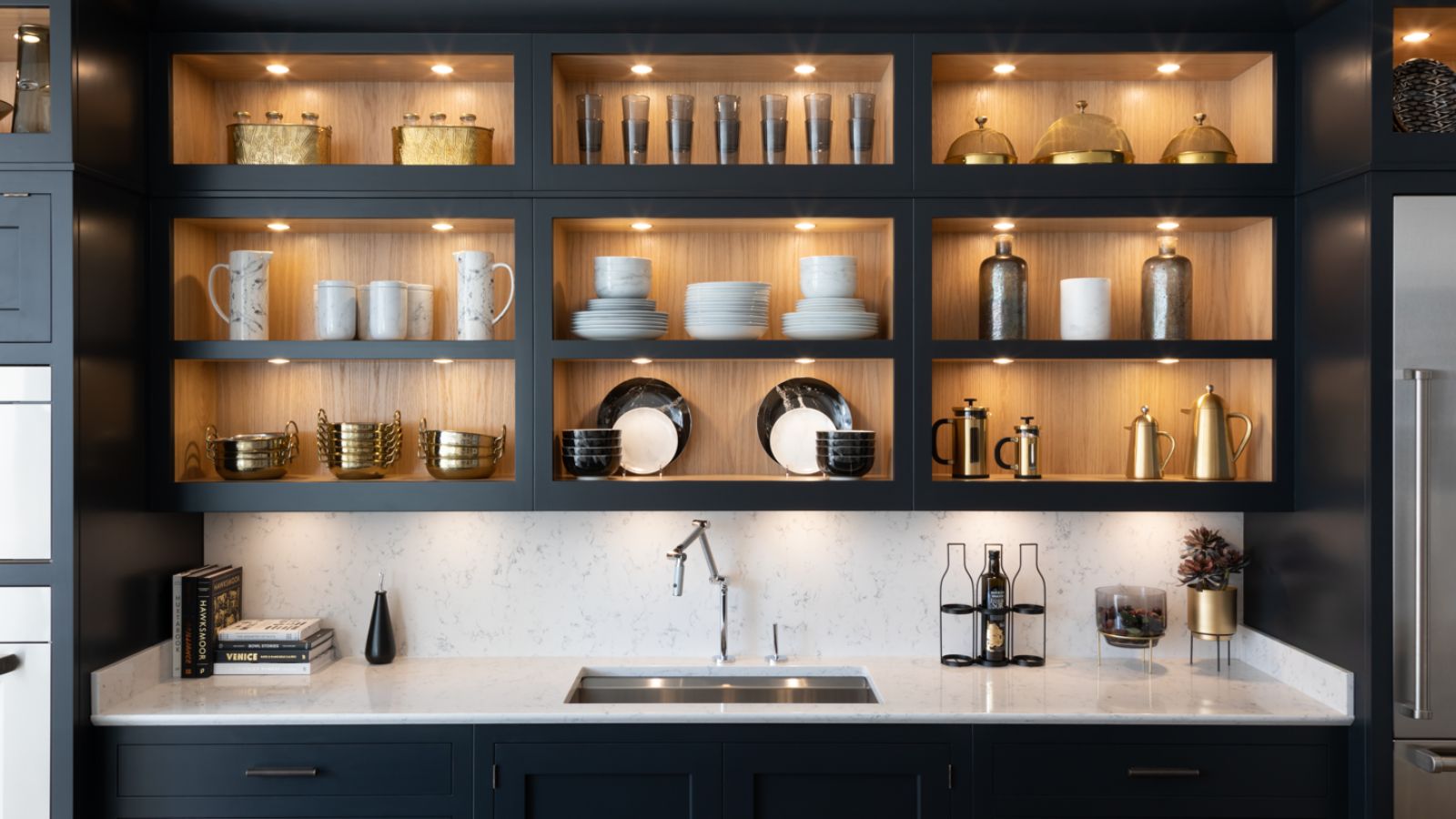What is the optimal combi boiler water temperature for heating and hot water? Experts reveal how you should set both
Discover the ideal combi boiler water temperature range and how you can save money on your heating bills
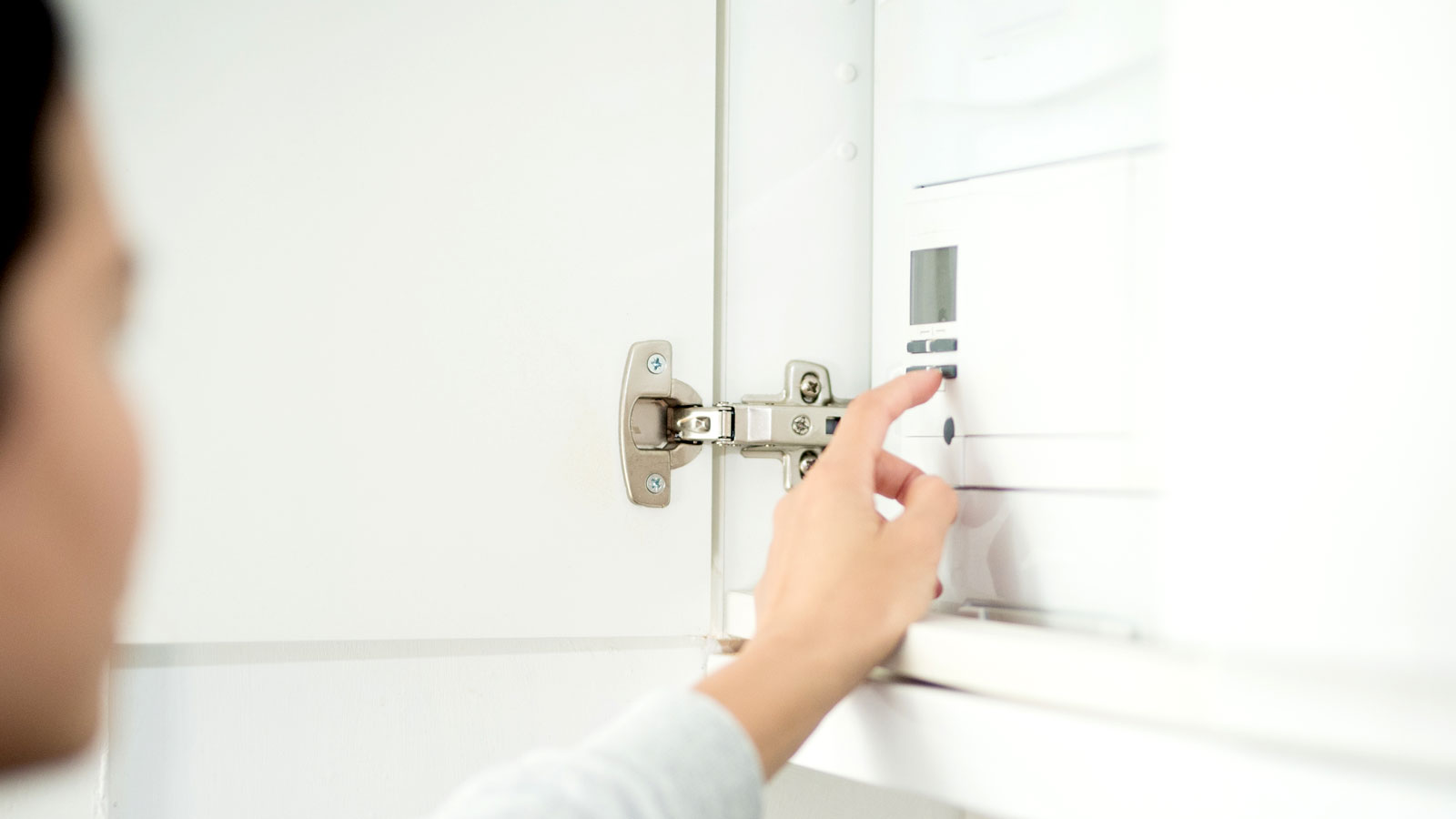
A combi boiler controls the water temperature for your heating system and hot water. It is the central hub that determines how hot the water being pumped to your radiators and taps is. So it makes sense that it's set up to ensure that you get the right heat output and your hot water is at the ideal temperature.
The combi boiler is one of the most common types of boiler found in homes, and fortunately, they are easy to operate. Most will feature simple-to-access controls for heat and water, allowing you to set the temperature. The key is to adjust the temperatures to suit the current conditions. Here you’ll find expert advice on what these should be and when to change them to achieve maximum efficiency and save on your energy bills.

Patrick Garner is a seasoned Gas Safe certified engineer and the dedicated leader of the heating system installations team at Heatable, with extensive experience in boilers, heat pumps and home energy solutions.
Why combi boiler water temperature is important
You may not think that the water temperature on a combi boiler is that important, but it is, as Patrick Garner, Gas Safe Engineer at Heatable, quickly explains, “Getting the temperature right is important for comfort, safety, and efficiency.” He adds, “Too hot and you risk scalding; too cool, and there’s a risk of bacteria such as Legionella.”
Louis Georgiou, Operations Director at Essential Workwear, adds, “If your boiler is set too high, it works harder than it needs to, which can shorten its life and waste energy. Keeping it at the right level helps the boiler run smoothly and reduces strain on the system.”

Louis Georgiou is Operations Director at Essential Workwear, bringing hands-on experience across production and logistics to the world of construction and DIY.
Try these to appreciate the right combi boiler water temperature
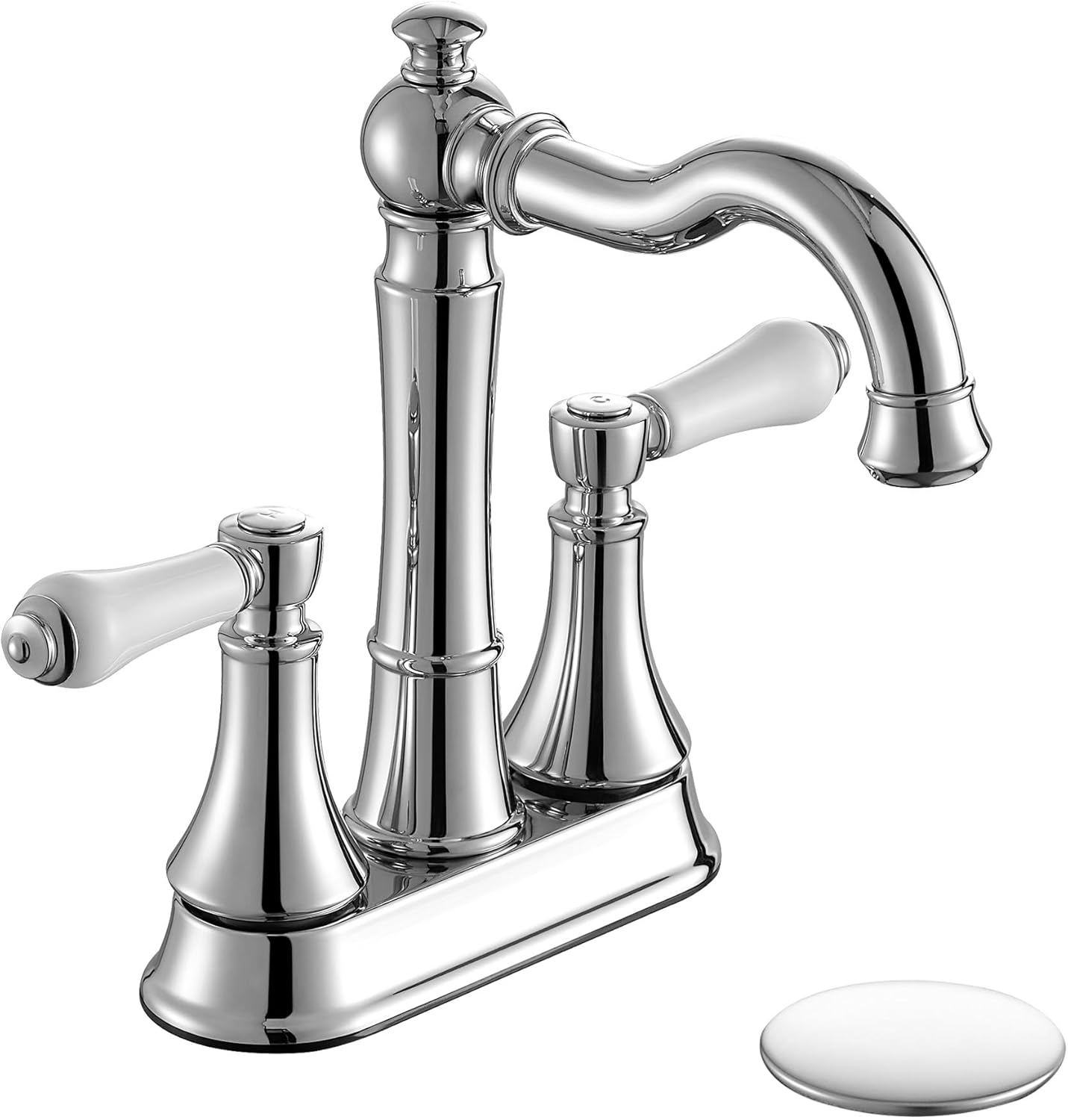
Traditional polished chrome taps with separate hot and cold porcelain handles and a 360-degree swivel spout. Boasts a spout height of 160mm and includes a matching plastic pop-up drain and overflow.
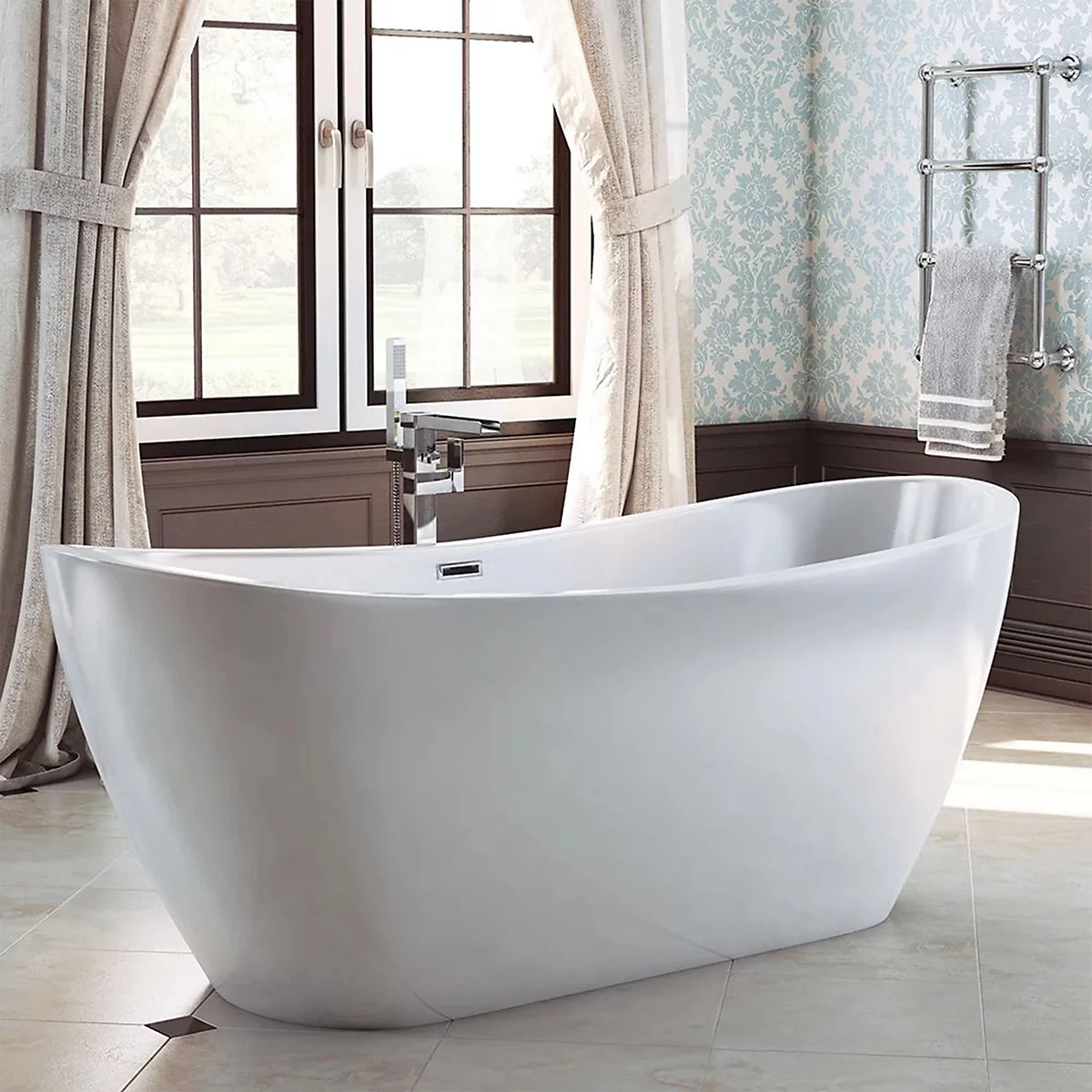
Perfect for a traditional-style bathroom, this curved freestanding bath is made from high-quality white acrylic. The bath measures 1820mm in length, 705mm in width, and 720mm in height.
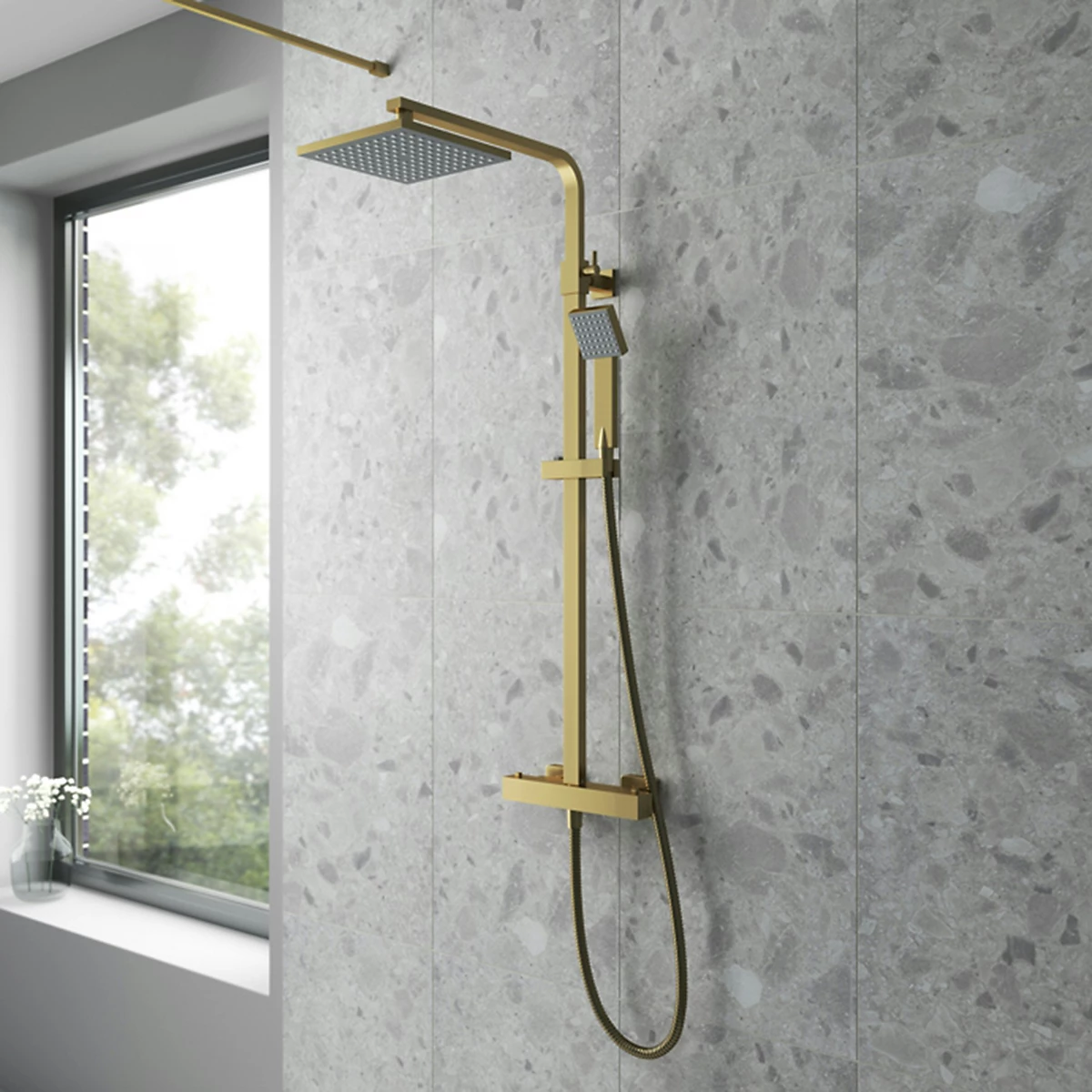
A brushed brass multi-option shower set that includes a thermostatic valve, 200mm square shower head, slider rail and a handheld shower. Plus, fixtures and fittings are included.
Optimal water temperature for heating and hot water
The optimal temperature is not set in stone; the temperature typically varies for hot water and heating. Garner points out, “For hot water taps and showers, around 50 to 55 degrees Celsius is about right.” He adds, “For heating, 65 to 70 degrees is the norm in winter, but you can turn it down in summer when you don’t need the radiators running.”
Georgiou adds, “Around 50–55°C is hot enough for comfort and hygiene without putting the boiler under unnecessary pressure. Baths can be a bit cooler if you prefer, because you’re sitting in the water for longer, and high heat can feel uncomfortable.”
Georgiou finishes with some sensible advice for hot water temperatures, “The simplest way to handle temperature is to set your boiler at a standard temperature and then use mixer valves on taps and showers to fine-tune for each use. That way the boiler isn’t constantly being adjusted, and you still get the flexibility to choose what feels right.”
Bring your dream home to life with expert advice, how to guides and design inspiration. Sign up for our newsletter and get two free tickets to a Homebuilding & Renovating Show near you.
It is worth noting that if you add any new form of installation to your home, such as cavity wall insulation or new windows and doors, you may not need the same heat output from the radiators. This means you can turn down the heating output by around five degrees.
Benefits of turning down the temperature
You can control the temperature on a combi boiler by simply operating the controls typically found on the front of the boiler. There will be one for the hot water and one for the heating. This can usually be set separately.
Garner says, “Lowering the temperature even by a couple of degrees can save money because the boiler spends more time in its most efficient condensing mode.” This point is reinforced by the heating engineer who comes to service my combi boiler.
He suggested that I turn both the water and heating by five degrees (water now at 50 degrees and heating at 62 degrees) to see if I could notice the difference. He also mentioned that water shouldn’t go below 50 degrees to prevent bacteria from forming. His final piece of advice was to turn up the temperatures in the colder months if needed, but don’t forget to turn down when the weather warms up.
Turning down the temperature to an optimum temperature is also good for the boiler itself. It means it won’t be in action so often, resulting in less wear and tear on the internal components.
Other ways to optimise your combi boiler
Here are a few things you can do to control the temperature in the home.
1. Use a TRV
Most modern combi boiler powered central heating systems will include a TRV (Thermostatic Radiator Valve) on a radiator. If you do not currently have TRVs on your radiators, I recommend you get them fitted. This helps control the temperature from room to room, making it a more efficient and ultimately money-saving heating system.
2. Lower bedroom temperatures
Adjust your radiator valve so that the temperature in a bedroom is slightly lower (1-2 degrees) than the main living spaces. This helps save money and provides optimal sleeping conditions.
3. Set your thermostat
Most central heating thermostats have a timer. Use this to turn down the heat at night and raise it for when you get up in the morning. If no one is at home during the day, you can lower the temperature for these hours and set the timer to switch on the heating half an hour before you get home.
FAQs
Is running a combi boiler at maximum temperature a sensible choice?
There is no real benefit to running a combi at maximum temperature, as Garner shares, “Running a boiler flat out all the time not only wastes energy but can also shorten its lifespan."
He adds, “A better approach is to set it just high enough to be comfortable. In summer, many households turn the heating flow temperature right down or off, while keeping hot water at around fifty to fifty-five degrees.”
You can turn up the temperature on a combi to maximum if circumstances dictate, such as during a really cold winter or when you need hotter water. However, it makes sense to turn back to your standard temperature setting as soon as possible.
If you don’t maintain it, your energy bills will be higher, and the boiler will have to work harder than it should, leading to more breakdowns and the need for replacement parts.
How important is regular boiler maintenance?
Very important. You don’t want boiler problems, especially in the middle of winter, so you need to keep your boiler regularly maintained. Common practice is to get an annual service, which typically includes a visual check, internal inspection, and cleaning of filters, such as a rust filter, to ensure everything is running as expected.
An annual service will cost around £80-£100 and will also help ensure that any warranties are still valid. If you don’t get an annual service, it can void the warranty that comes with the boiler.
Getting your hot water temperature right is crucial for a warm bath or shower, as is designing your space to fully enjoy the experience. Check out our modern bathroom ideas, bathroom sink ideas and small shower room ideas for inspiration and new ideas.
Steve Jenkins is a freelance content creator with over two decades of experience working in digital and print and was previously the DIY content editor for Homebuilding & Renovating.
He is a keen DIYer with over 20 years of experience in transforming and renovating the many homes he has lived in. He specialises in painting and decorating, but has a wide range of skills gleaned from working in the building trade for around 10 years and spending time at night school learning how to plaster and plumb.
He has fitted kitchens, tiled bathrooms and kitchens, laid many floors, built partition walls, plastered walls, plumbed in bathrooms, worked on loft conversions and much more. And when he's not sure how to tackle a DIY project he has a wide network of friends – including plumbers, gas engineers, tilers, carpenters, painters and decorators, electricians and builders – in the trade to call upon.

